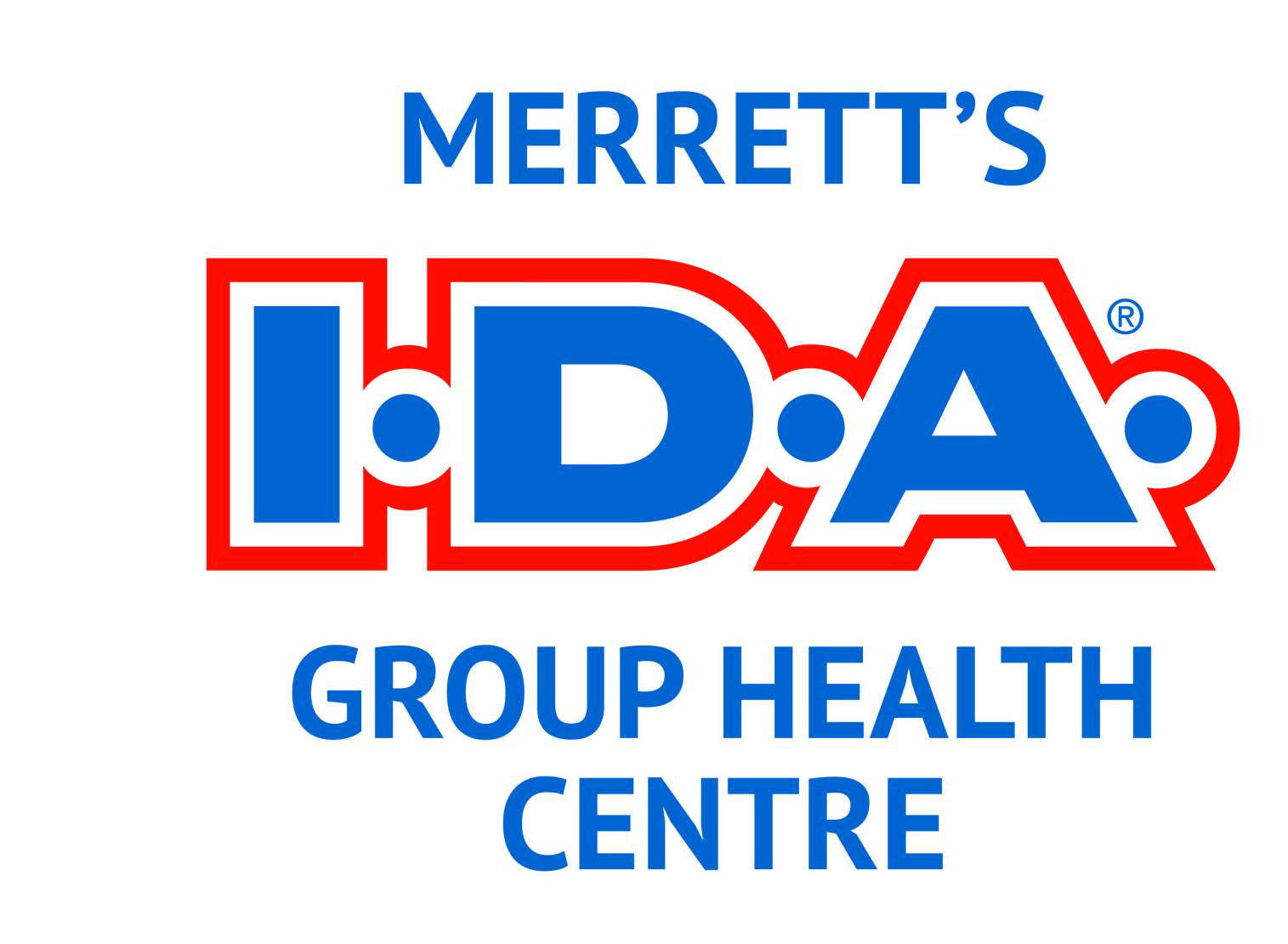Prostate Cancer
The prostate is a nut-sized gland that is part of the male reproductive system. It secretes fluid that makes up part of the semen. The prostate wraps around the urethra like a doughnut. The urethra is the tube that carries urine and sperm out of the body to the tip of the penis. Prostate cancer is the most common form of cancer affecting men. One in 7 men will develop prostate cancer in his lifetime.
